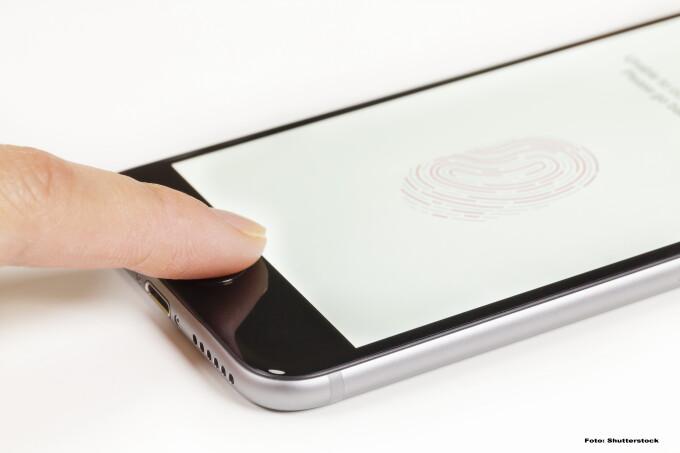Unlocking phones without the user's consent is a pretty serious legal problem, and things get complicated if the owner is dead.
Authorities sometimes deal with fingerprint blocked phones, and their unlocking is a significant problem for the police.You've probably heard of such cases, which occur especially in the US, but the newest news leads to a new level.
The desire to unlock a phone to discover if there is evidence in solving a case can get so big that you want to do this with the owner's finger, even if that is dead.It sounds almost SF, but this is what two detectives from Largo, Florida, have been trying to do.They went to the chapel where the deceased was and tried to do their job.Although it was not illegal, they were taken to an unethical fact.
Linus Phillip was killed on March 23, at a gas station, after trying to run away from a policeman who wanted to search him.The investigation refers to drugs, and conclusive indications about it could be stored in the deceased's phone.Unfortunately for the police, his body was offered to the family before the authorities have access to the phone.Arriving at the chapel, the detectives were greeted by the fiancée of the deceased.No one in the family was informed about the arrival of the police, but the two detectives failed to unlock the smartphone.
According to current US laws, the police did not do something illegal.They did not even need a mandate, because the right to intimacy of the person ended with his death.This principle has been developed before the existence of phones, and today, the old laws are interpreted in new ways to be adapted to modern situations.Although we are talking about something legal, the ethical aspect of such a practice must also be taken into account.
Why can't you unlock a phone with your deceased finger

Unlocking a phone with the finger of the deceased owner is an increasingly frequent and controversial topic.US police have tried several times to do this, and the law is on their side.The dead are no longer entitled to confidentiality, so it's just a problem "are you willing to take the dead finger and press the sensor?"when it comes to unlocking or trying to unlock.
As in this case, in other situations it happened that the police are not successful, and the reason is quite simple.The fingerprint sensors are made to interact only with living tissues, so it does not work if the owner has passed;Exception is the case where the dead died very recently, during which time the skin has not yet lost its properties.
When we talk about iPhone, because they seem to be the most problematic for the authorities, we talk about a fingerprint sensor that interacts with the finger in two ways.First of all, we have a capacitive sensor, which is operated by the electric charge that our body transmits.Once you have died, you lose this electric charge, so your finger itself can no longer operate the sensor to unlock the phone.
Secondly, the radio frequency sensor must also be taken into account.Like the first, it does not respond to the dead tissue.The sensor reads in depth and produces a very clear image of your fingerprint.If someone wants to use a finger of a dead or even a prosthesis, whether it and identical, will be encountered by a failure.
